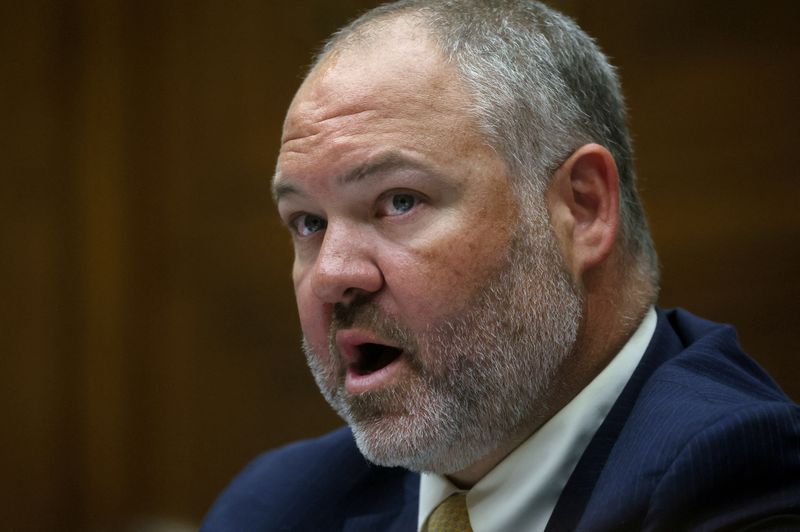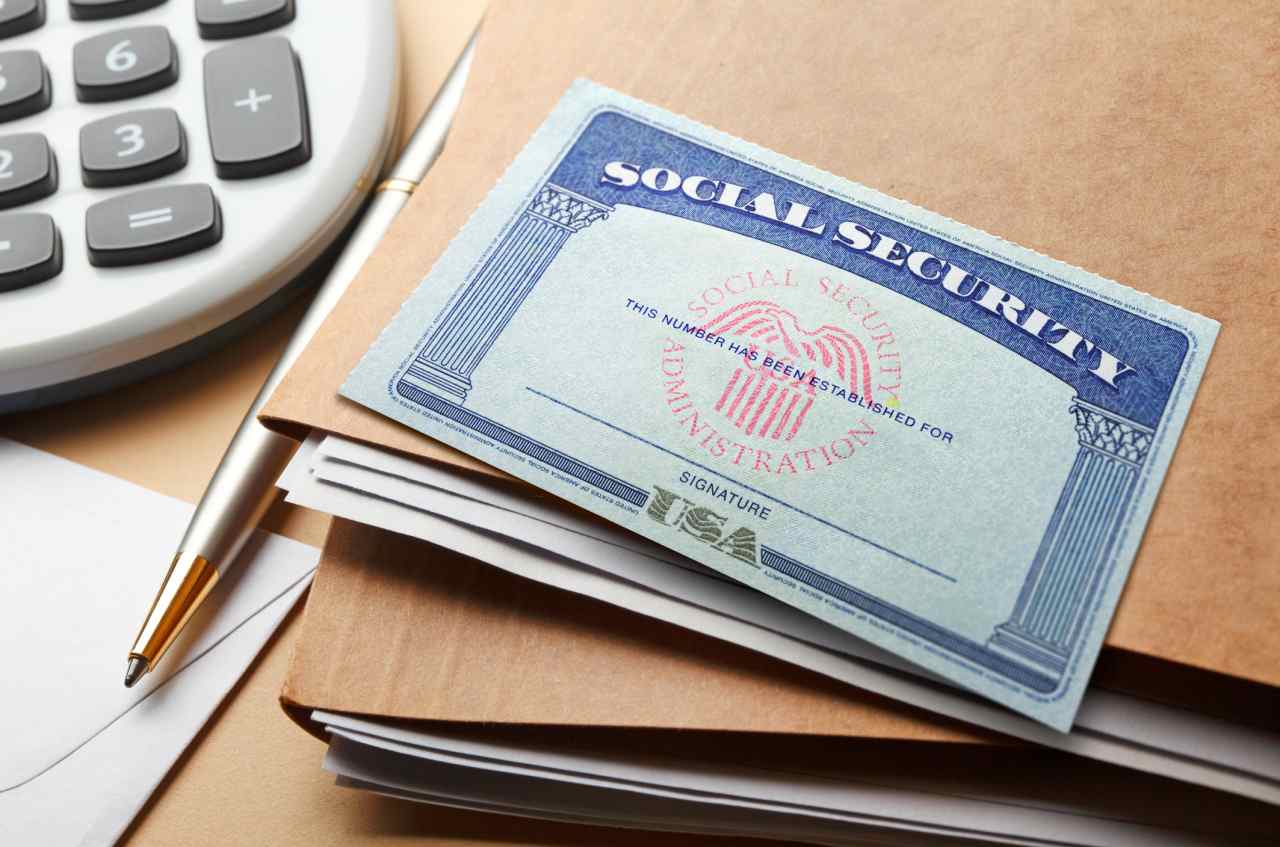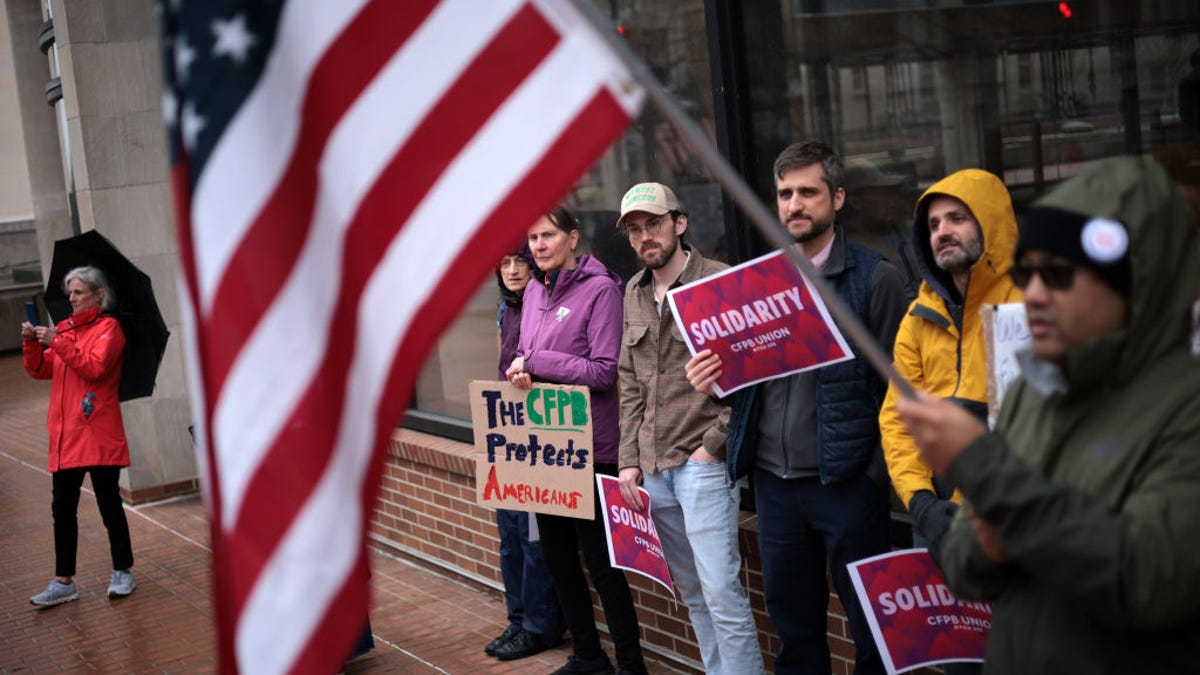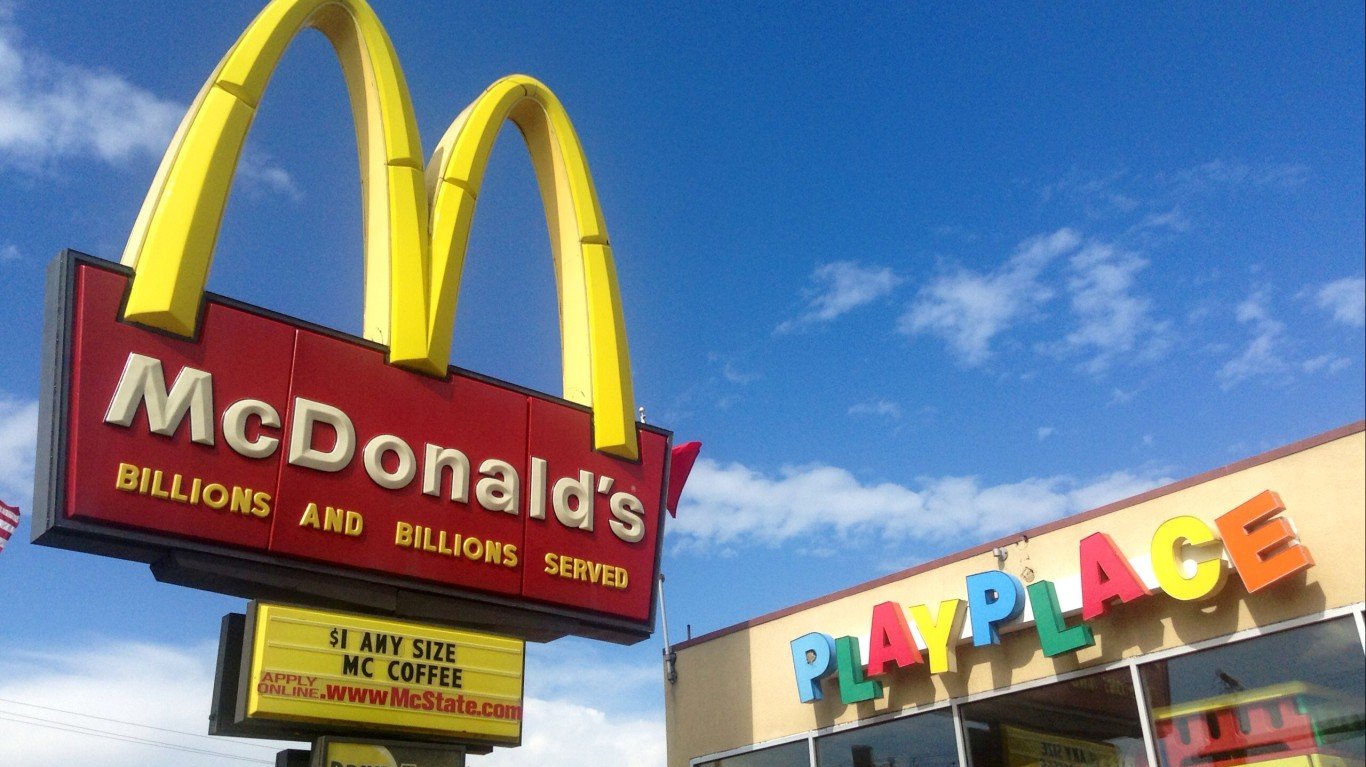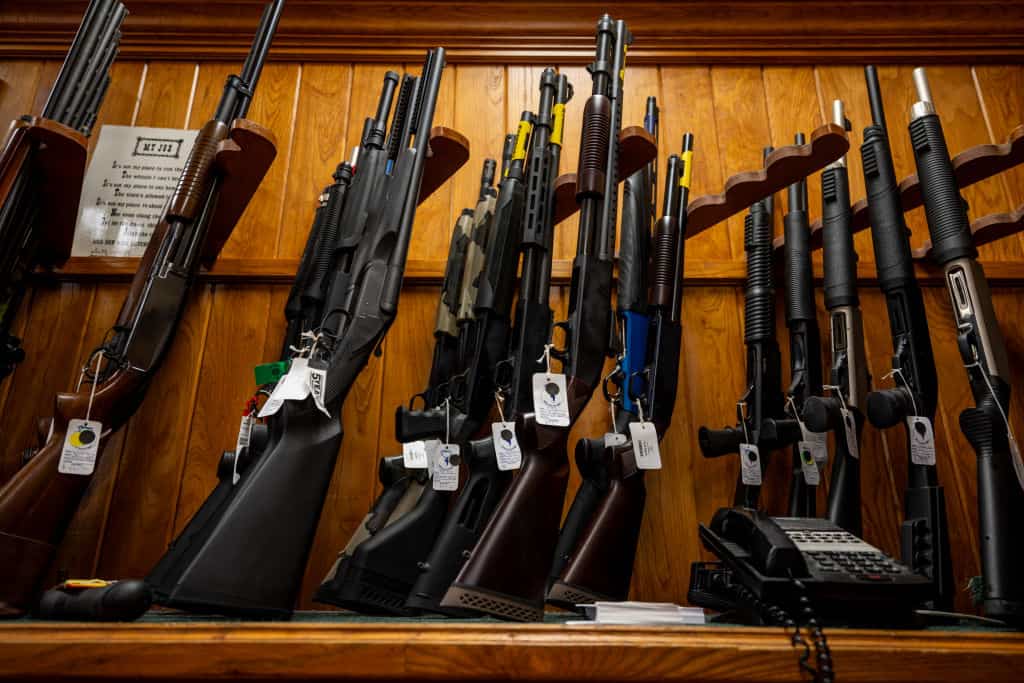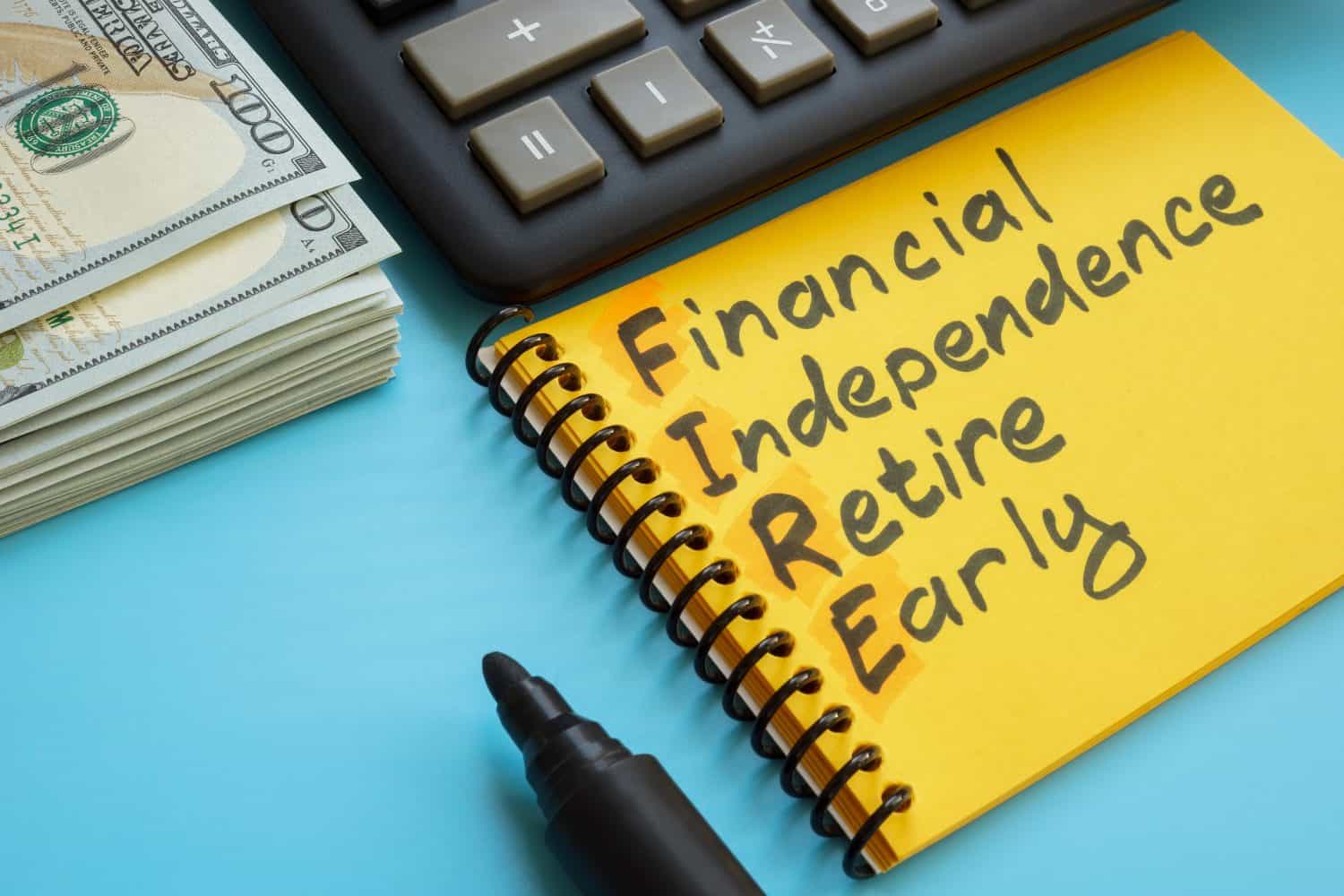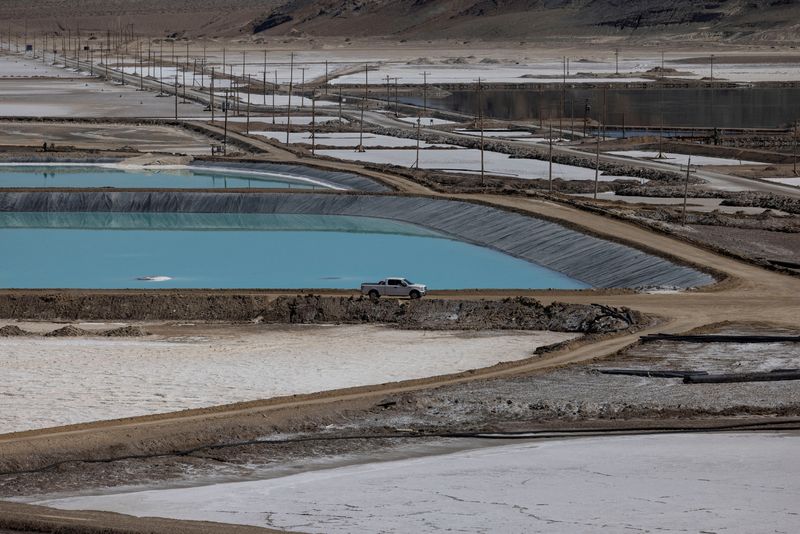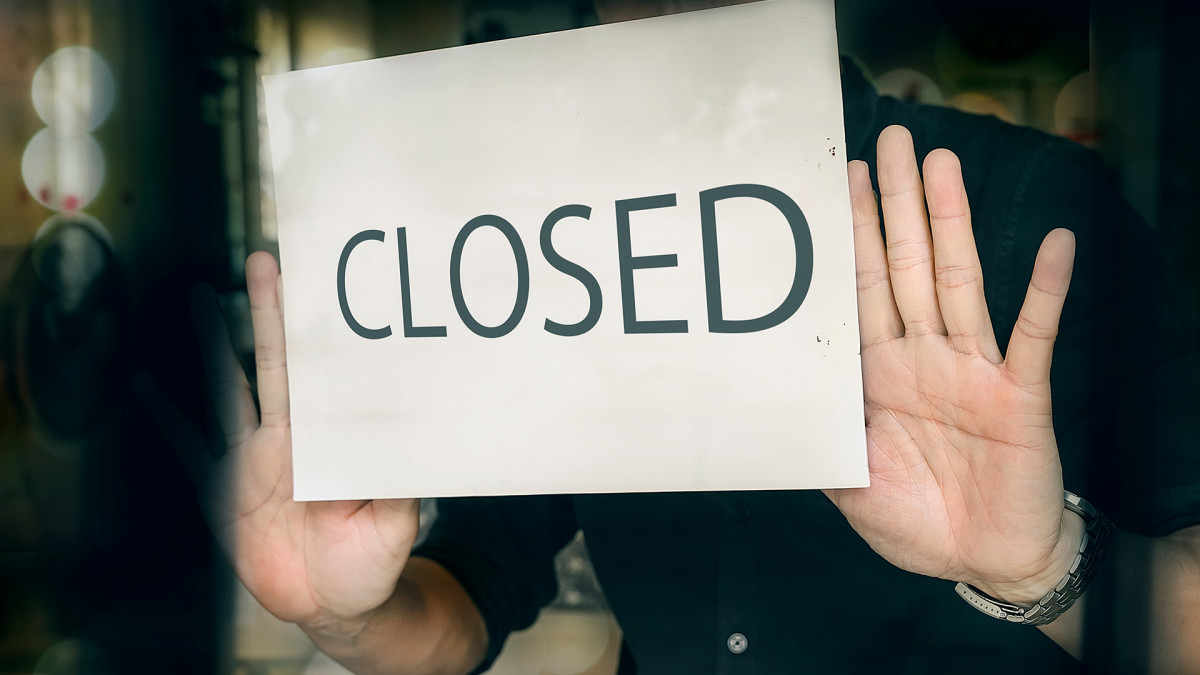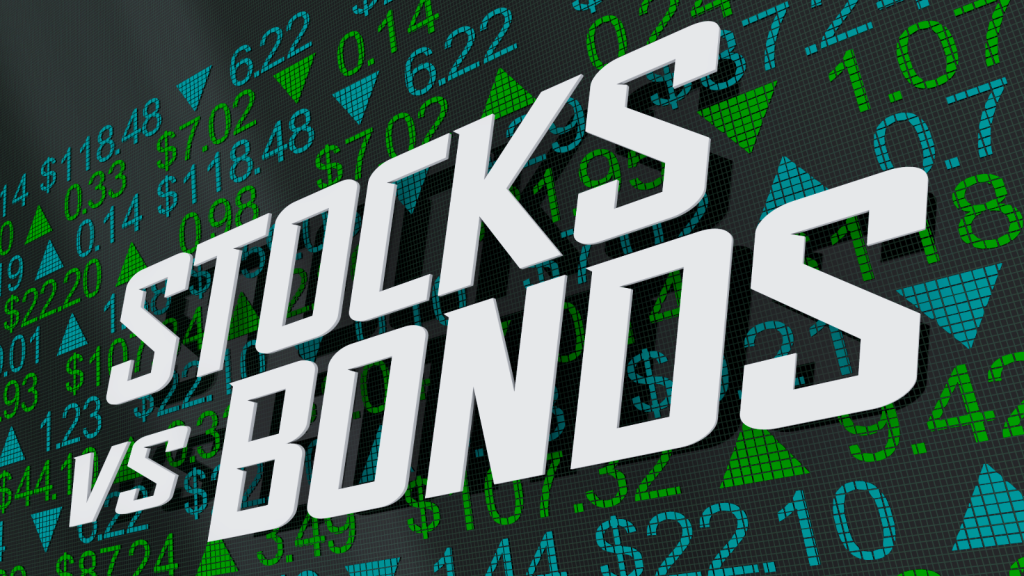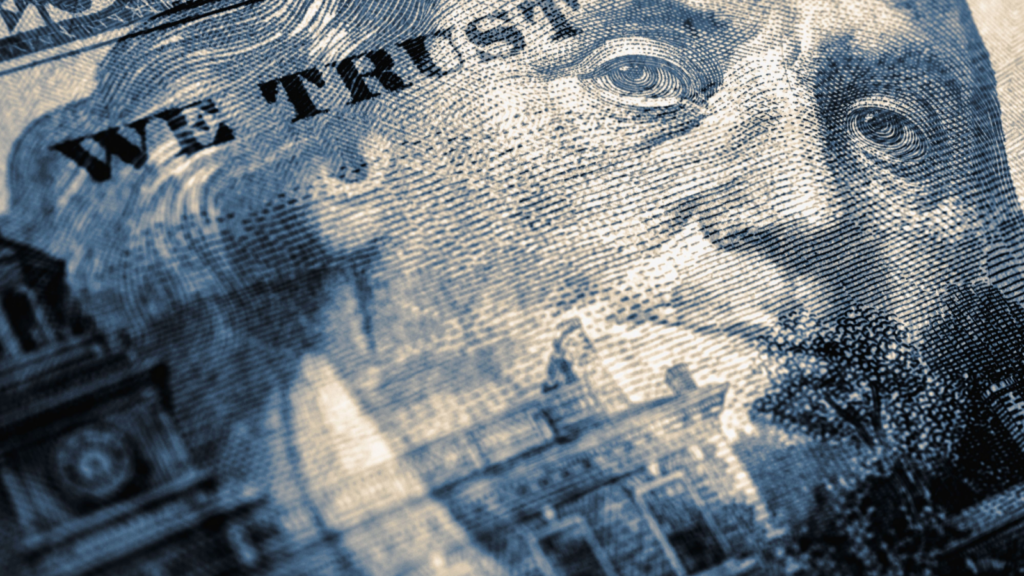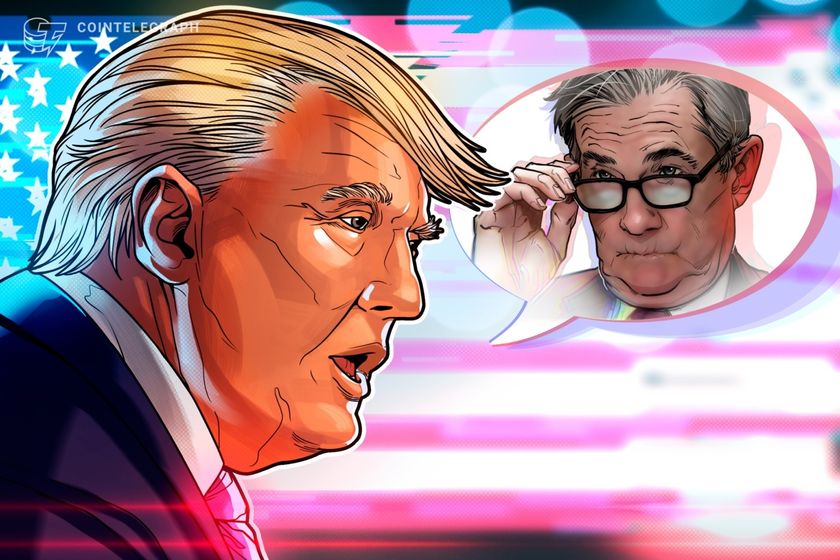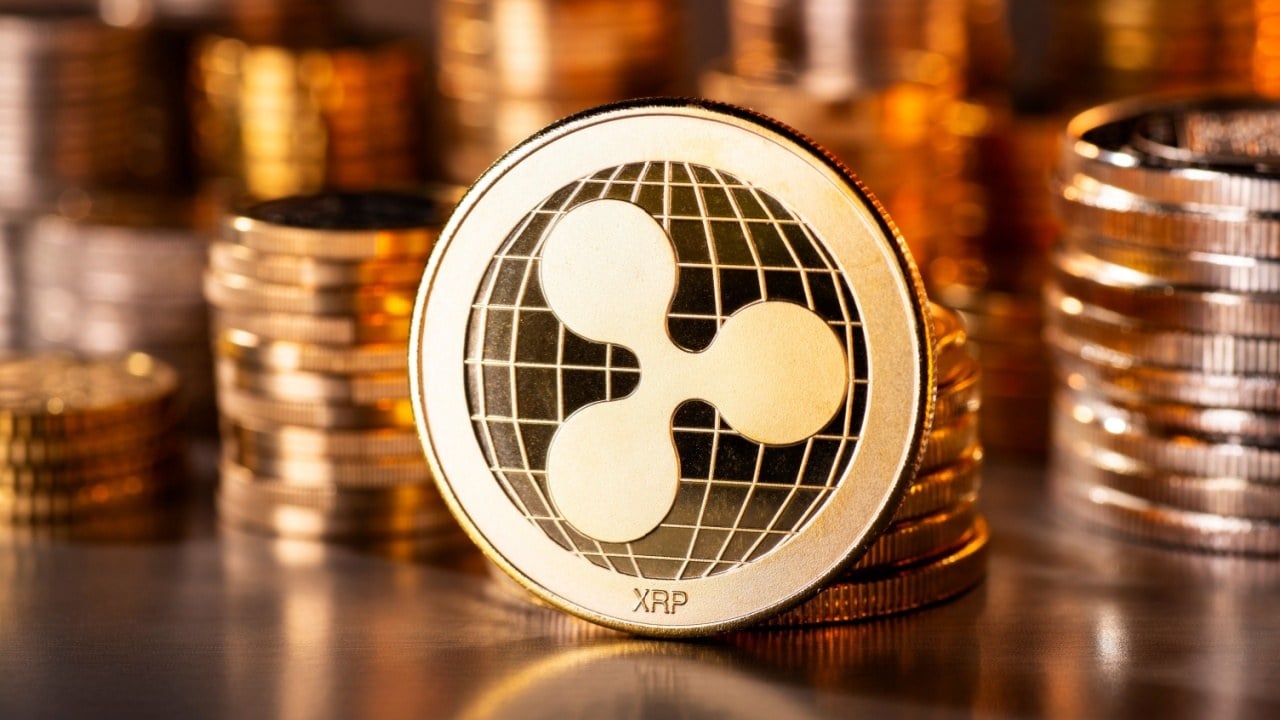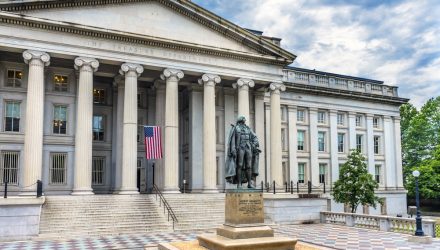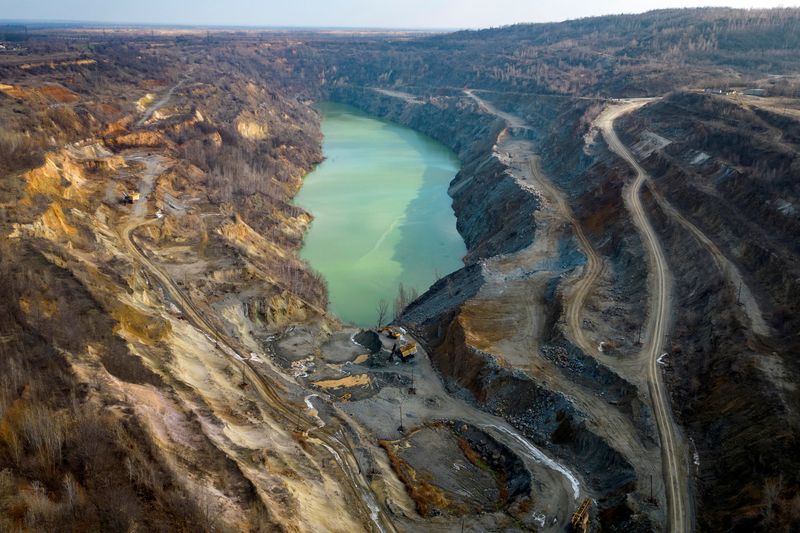Housing Bubble or Bust? What’s Next for Home Prices in 2025
For many reasons, one of the biggest economic indicators the country is looking at in 2025 is the housing market. Between high mortgage rates and even higher home prices, there is a concern that this year could be tougher for home buyers than the previous few years, as hard as that would be to believe. […] The post Housing Bubble or Bust? What’s Next for Home Prices in 2025 appeared first on 24/7 Wall St..

For many reasons, one of the biggest economic indicators the country is looking at in 2025 is the housing market. Between high mortgage rates and even higher home prices, there is a concern that this year could be tougher for home buyers than the previous few years, as hard as that would be to believe.
There is a definite question of how the housing market will perform in 2025.
We hope to see more inventory come on the market, reducing pricing overall.
Depending on trade policies, a decrease in inflation could lead to a drop in mortgage interest rates.
Are you ahead, or behind on retirement? SmartAsset’s free tool can match you with a financial advisor in minutes to help you answer that today. Each advisor has been carefully vetted, and must act in your best interests. Don’t waste another minute; get started by clicking here here.(Sponsor)
Key Points
Of course, to understand whether 2025 will lead to a housing bubble, you have to consider multiple points of view, often from experts who rarely agree. The good news is that experts don’t seem to predict a crash, but it still begs the question of whether or not you should buy a home in 2025 or wait.
Defining A Housing Bubble Or Bust
If you’re trying to understand how to quantify a housing bubble or a housing market bust, it’s okay to ask questions about what this exactly would mean. It’s also fair to say this is another area where experts aren’t always extremely aligned. This said, a bubble would be any instance in which rapid price increases are driven by heavy speculation or easy access to credit, as was the case pre-2008 and during the Great Recession.
A housing bust would be the opposite of a bubble, when home prices rapidly fall, often following a bubble period. This could result from rising interest rates or other economic factors like increased unemployment, where buying a home is pushed to the back burner until a more stable economy and job market prevail.
The Housing Market In 2025
Housing Supply Shortage
According to insights from Realtor.com, there is a definite housing shortage in the United States, with at least 2.3 million to 6.5 million homes. Given this, there is “simply not enough supply,” according to Lawrence Yun, the chief economist for the National Association of Realtors.
As a result, even if there is a housing shortage and still high demand, it leads directly to the idea that housing prices won’t crash. Still, this doesn’t help those hoping for a crash to finally be able to afford a home everyone wants in their lifetime.
Current Market Snapshot
Building on what we know about the housing supply shortage, it directly leads to questions about why home prices have steadily increased. According to one report, in 2025, we’re seeing a 3.8% increase in median resale prices at $398,400, which continues a 20-year growth period. However, this is somewhat slower than 2024’s median price increase of 5.2%, which does indicate the market has cooled down slightly.
Still, housing inventory was up 17% between 2024 and 2025, and there is a 3.5-month supply of homes available for buyers today. However, existing home sales are at a 30-year low, which indicates sluggish growth but not quite what anyone would call a bubble or bust. Instead, this is more of a middle ground for the housing market.
Perhaps the biggest consideration is what happens with interest rates in 2025. The hope was that rates may have peaked over the past few years, but with a 30-year fixed rate of around 6.9% as of April 14, 2025, there are no signs of a significant drop coming anytime soon.
Predicting Housing For 2025
As one might suspect, predicting the housing market is a bit of an educated guessing game. You can make expert predictions, but the market is one conflict, tariff, or market crash away from changing.
Will The Market Crash in 2025?
Turning attention to Lawrence Yun from the NAR, he reiterates that a housing market crash in 2025 is unlikely. “A sharp rise in mortgage rates to around 9 percent, combined with significant net job losses, could put severe pressure on the housing market. However, both scenarios are unlikely, making a market crash unlikely.”
In instances like this, Yun isn’t alone. Other real estate experts are lining up with similar thinking, including Danielle Hale, the chief economist of Realtor.com. She, too, believes that mortgage rates are likely to drop in 2025, which would, in turn, make housing more affordable even if housing prices don’t drop dramatically.
Adding fuel to the idea that the housing market in 2025 is going to stay somewhat sane is that Fannie Mae only predicts a 3.5% increase in home pricing in 2025, a decrease from 2024, while the NAR only predicts a 2-3% increase. With these predictions, it’s okay to say there will be a cooling market in 2025, but far, far short of anything that would look like a bust.
Housing Market Recovery In 2025?
Another question being asked by experts is whether or not 2025 could surprise us, and we could see a housing market recovery in 2025. For that to happen, the inventory shortage mentioned above would need to decrease significantly. The more available inventory for buyers would help ease some of the pricing pressure, which would be a positive in some cases.
However, the biggest challenge to any recovery in 2025 would be if mortgage interest rates fall. As rates have been stuck over 6.5% for the last few months, this does not seem very likely. Still, there is hope the Federal Reserve will issue another cut or two to help reduce interest rates if inflation pressures continue to decrease, but it’s now a big if in light of new tariff policies.
According to experts, the best scenario would be for mortgage rates to drop between 4 and 5%, which would help the housing market return to “normal ” without significant side effects.
Should You Buy or Wait In 2025?
Buy Now
Ultimately, the big question is whether you should buy or wait in 2025 based on whether experts predict a housing bubble or a burst. The easy answer to this question is that timing the housing market, like the stock market, is next to impossible, so you must do what’s right for you at any given time. The hope is that improving inventory supplies will help to make the case for buying.
Wait
However, the potential of an interest rate drop that would allow the market to see a number below 6% puts millions in a position of waiting to see what the Federal Reserve does next. The payment difference with just a single percentage point is thousands of dollars over the cost of 30 years, so the argument for waiting for a mortgage rate drop is well worth considering.
Other Considerations
One additional consideration is where you are in the country. Areas like South Florida have been in a bubble for the last few years, so what happens there doesn’t apply to rural Kansas.
Separately, you also have to consider how tariffs and other policy changes from the presidential administration will affect inflation, which could reduce overall housing demand if prices start to increase across the board again on everyday goods. Due to the current uncertainty in early April 2025, it certainly makes the case to wait for things to settle down before buying a new home.
The post Housing Bubble or Bust? What’s Next for Home Prices in 2025 appeared first on 24/7 Wall St..




